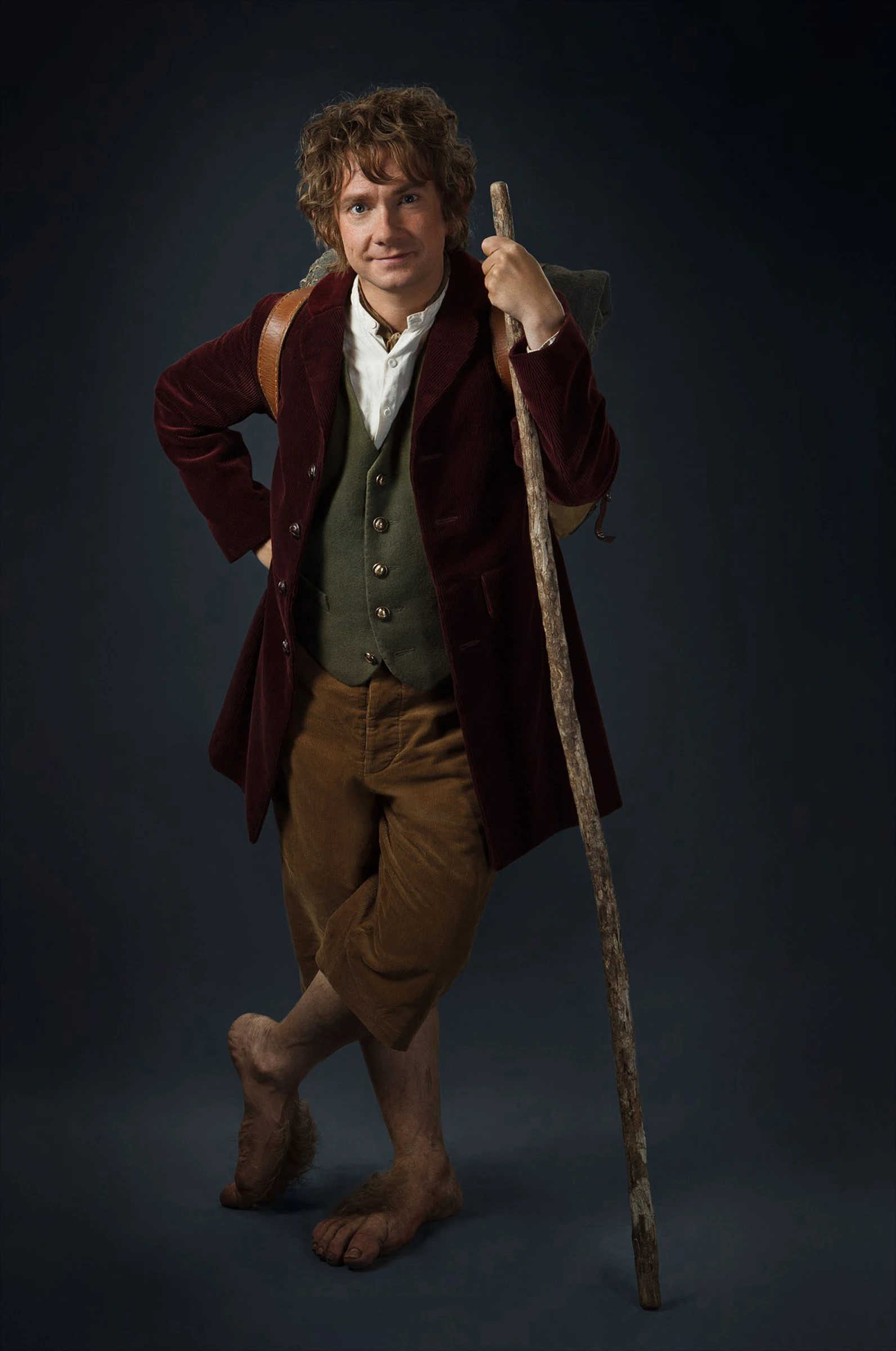Last week my friend Jordan alerted me to a news story that blew my mind. From early 2016 until last week, certain investors were making a killing speculating that stock-market volatility would remain low. "Until last week" are the key words here: in about two weeks, XIV, an exchange-traded fund that is the inverse of the volatility index (symbol: VIX,
clever, aren't they?), went from its peak of $144.75/share to $5/share,
a 96.5% decrease. This after climbing
over 800% from $15-20 share two years ago.
 |
| "I'm a genius, I'm rich, I'm a genius, I'm rich, I'm a genius, I'm....oh crap!" |
Volatility refers to
how much the indices veer from the mean on average over time. If stocks are up and down all the time, volatility is high. If they go consistently up, or down (or remain flat), volatility is low. As Jordan explained to me, XIV would have worked well as
part of someone's investment strategy: as discussed here, a small bet using 5% or less of your money, as a hedge against low volatility. Presumably on the other side would be a bet that would pay off in the event of high volatility (as we've seen the past two weeks). But a lot of people saw the great rates of return, doubling your money every couple months, and somehow thought the escalator would keep going up forever. So they
made it their primary investment! Incredible, right?
Try as I might, I'm not clever enough to understand derivatives like XIV and VIX. For years I've been struggling to even understand the difference between puts and calls, much less how I could use options to my advantage. My lack of understanding has kept me from investing in derivatives, and probably saved me a lot of financial loss and stress.
Investing is full of bromides. We've heard them all:
- Everyone's a genius in a rising market.
- You can't call the top-- or the bottom.
- Be greedy when others are fearful, and vice versa.
- Buy low, sell high.
- Don't catch a falling knife.
- Even a dead cat bounces.
Wait--
what? Even a dead cat bounces?
With regard to stocks, here's my interpretation of that maxim: buy a stock after it goes way down, because it will probably increase in value the following day.
More broadly, we're talking about reversion to the mean, or
regression to the mean. The idea that data points (e.g. stock prices) will follow a trend line. If they veer far away at one measurement (a particular date), the next measurement will be closer to the mean, more likely than not. Maybe even on the other side of the trend line. Everything reverts to the mean.
Lately I've been testing the dead cat bounce theory. Below are a couple of success stories from last year. Full disclosure, these are usually small investments using Roth IRA money. In other words I won't pay tax on gains and I won't need the money for another 25 years. I'm just trying to grow my nest egg. I watch the stock market every day, particularly stocks of the companies I know and use. So when Advance Auto Parts lost nearly 1/4 of its value in a single day, it caught my attention.
August 14: Advance Auto Parts closes at $109.18 a share.
August 15: AAP has a disappointing earnings report and plunges 23% intraday. I buy some at $83.67/share. It closes at $86.97.
August 16: the dead cat bounces. I sell at $92.43/share. AAP closes at $91.40. My profit: 10.5%.
Advance is a Roanoke, VA company. Their employees are knowledgeable and helpful. They'll read your check engine code and change your wipers. The last time I went, 2-3 Advance Auto Parts employees were helping a lady get a
snake out of her car! That's above and beyond right there.
My point in telling you the above? Advance is a good company. If I buy it, and the stock doesn't bounce back the next day, week, month, or year, I'm stuck with stock in a good company; eventually it will come back.
The implied task here is don't make short-term investments that you aren't ready to hold as long-term investments in case your intuition turns out to be wrong, or the broader market takes a crap, or there's a major terrorist attack, or.... (you see my point):
- Invest money you won't need back in less than a year.
- Invest in companies you believe are good to have long-term.

In the bigger economic picture, Advance Auto was getting caught up in the broader retail narrative that Amazon is going to kill every brick and mortar store in America (if not the world). In the case of shopping mall department stores that pay indifferent people minimum wage to tell you "I don't know," I'm on board with that thesis. Nobody at Sears is going to help you get a snake out of your car. But painting the forest with a broad brush blinds one to the potential for
happy little trees.
"When America sneezes, the world catches a cold." When Amazon sneezes, the market thinks every company is dying of pneumonia. The best example of the insane overreactions Amazon engenders?
THE WHOLE FOODS ANNOUNCEMENT, JUNE 15, 2017. DOOM! GLOOM!
THE TRADITIONAL GROCERY STORE IS DEAD!!!!
The day after this announcement,
cable news stock huckster Jim Cramer was on cable news saying "Amazon is going to dominate food in two years."
Reality check! In 2016, Whole Foods had a market share of 1.2% ranking it #10. Kroger ranks second at 7.2%, behind only Walmart (14.5%). Kroger is #18 in the Fortune 500 (Walmart is #1, Whole Foods is #176).
My point? Amazon gets a toehold in the grocery business and every other grocer is going to shut its doors? It was a classic overreaction, and it played out thusly:
June 14: the day before the announcement, KR stock closes at $30.28.
June 16: the day after the announcement, KR plunges, closing at 22.29: a 26.4% drop in two days
It took me a few weeks to recognize the illogical injustice at play here, but I knew Kroger. It's our primary grocery store
and gas station. I knew Kroger wasn't going to close down its stores just because Amazon bought a store where Prius-driving DINK yuppies buy organic hummus
(going for max stereotyping there). So I decided to put my money where my feelings were:
Aug. 8: I bought KR for $21.38. Reality returned, Kroger had a couple good quarters, and...
Jan. 25: I sold KR for $30.00. That's a 40.3% gain in under 5 months. I figured at $30, it was fairly valued and exactly where it was priced before the "Amazon-Whole Foods" merger.
Don't mistake me here: I like Amazon. I shop there a lot. I own the stock. The Whole Foods deal was the right move for Amazon for a host of reasons. Hell, the increase in AMZN's market capitalization
the day of the announcement roughly equaled the value of the $13.7B deal. So it paid for itself!
In conclusion, the beautiful thing about a blog is I don't need a conclusion. Hopefully you learned something or found it interesting. Have you had similar wins investing in stocks you know, or buying when the market overreacted to bad news? Write about it in the comments, or email me at jmarkdavison@gmail.com.
I will follow this up with a tale of how I made some good returns last month on dead cat bounces with one particular stock. Meanwhile, remember that anyone who tells you they have
the way is full of it. Anyone who has
a way, well, they might have
a way.
Until they don't, like the XIV guys.












